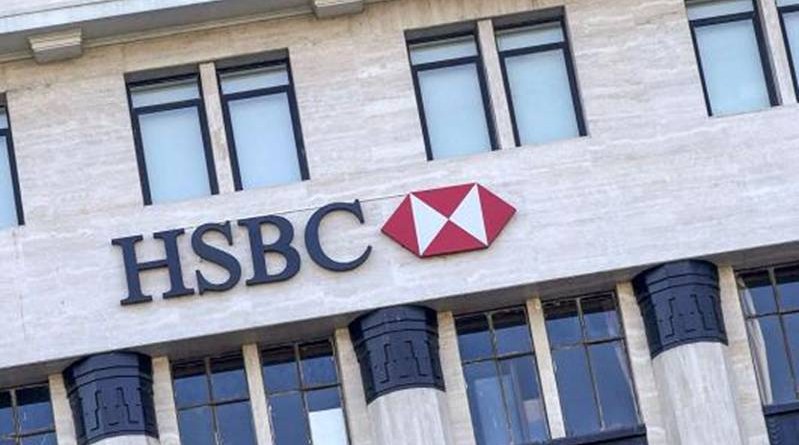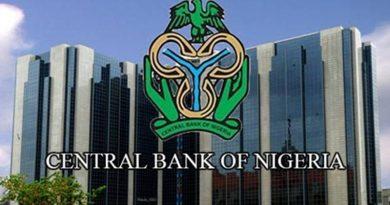HSBC makes world’s first trade finance transaction using blockchain technology
The bank issued a letter of credit for U.S. food and agriculture firm Cargill. The trade finance transaction involved a bulk shipment of soybeans from Argentina to Malaysia. The letter of credit was issued from HSBC to Dutch lender ING.
Letters of credit are issued by one bank to another to guarantee that a payment will be received by a seller under a set of conditions. Traditionally this process would take a large amount of time, numerous paper records, and a lot of back and forth between the various parties involved. Blockchain technology promises to change that.
Blockchain, the technology that underpins bitcoin, enables transactions to be recorded across a vast network of computers. In the case of bitcoin, it records all of the transactions that happen on the network, creating a public ledger. Banks have taken the principles behind bitcoin’s blockchain – such as the idea of decentralized ledger – and tried to apply it to processes that they are carrying out.
For this transaction, HSBC used a platform developed by blockchain start-up R3 called Corda. R3 works with a consortium of banks to come up with blockchain solutions to a variety of problems.
“The need for paper reconciliation is removed because all parties are linked on the platform and updates are instantaneous,” Vivek Ramachandran, head of growth and innovation at HSBC, said in a statement. “The quick turnaround could mean unlocking liquidity for businesses.”
HSBC and ING said that the exchange was performed in 24 hours, compared to the five-to-10 days it normally takes to complete such exchanges through a paper-based system.
Proponents of blockchain claim it has the potential to upend various industries. Sectors like trade finance, health care and insurance are thought of as good targets for the use the technology as they rely on long paper trails.
While there have been proof-of-concept transactions performed using blockchain technology, HSBC’s was the first that could have commercial applications, a spokesman for the company told CNBC.
Banks have been pouring money into blockchain projects as it is thought that the technology will significantly disrupt the financial services.
While lenders are not fond of the original use case of blockchain — to underpin cryptocurrency transactions — many see practical use for the technology because of its ability to handle massive amounts of data within a transparent, immutable network.
Last month, Santander teamed up with blockchain firm Ripple to create a foreign exchange service that enables same-day international money transfers.




